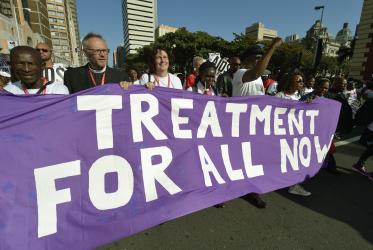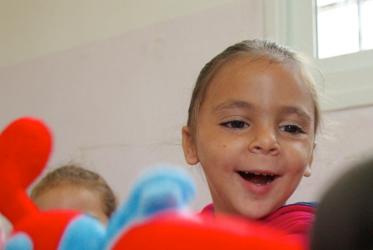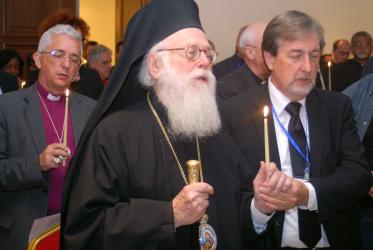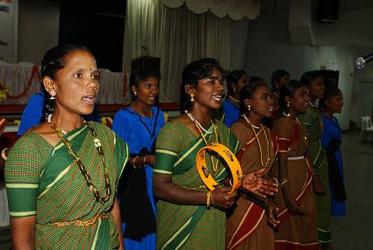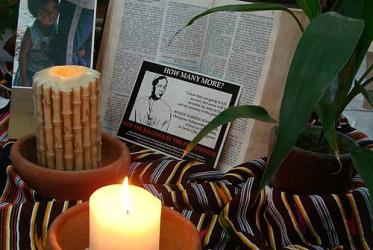Displaying 1 - 12 of 12
Assembly renews churches’ commitment towards justice and peace
08 November 2013
Churches celebrate Week of Prayer for Christian Unity
23 January 2013
Tveit reports on churches’ work for justice and peace
29 August 2012
Violence in a Philippine village: one family’s story
15 December 2010
Living Letters team to visit the Philippines
25 November 2010
Churches advocate for religious minorities' rights in Turkey
08 December 2009
November 2005
25 October 2005
